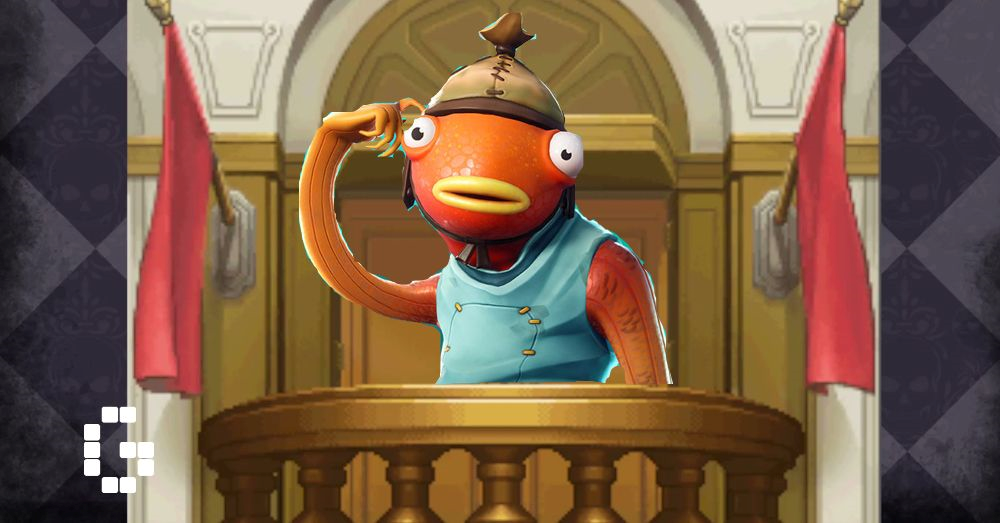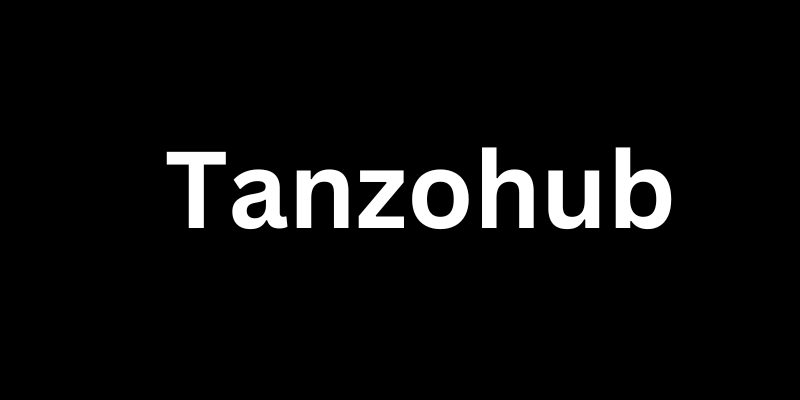FTC vs Epic Games – The FTC has filed a complaint against Epic Games, the creator of Fortnite. It alleges that the company violated the Children’s Online Privacy Protection Act by collecting data on users under 13 without parental consent and using unfair default settings for voice and text communications.
Under the settlement, Epic will pay $245 million to refund consumers affected by these deceptive billing practices. It will also be barred from using dark patterns to obtain consumer consent for payment processes and must overhaul its billing and dispute procedures.
The FTC’s Complaint
The FTC’s complaint against Epic Games about Battle of the Titans, a wildly popular video game, is significant because it represents an increase in FTC scrutiny of businesses for privacy-invasive practices. It also comes after another large settlement by the FTC involving Google’s YouTube, which paid a record-setting $336 million to settle charges relating to COPPA.
In the complaint, the FTC alleges that Epic collected data about children under 13 without obtaining parental consent. Moreover, it violated COPPA by enabling voice and text chat by default, which put young users in risky contact with strangers.
As part of the settlement, Epic must pay $275 million for its alleged violations. This is the largest penalty ever imposed by the FTC on a rule violation.
Epic Games Accused of Using Dark Patterns and Unauthorized Charges, FTC Claims
According to the FTC, Epic used “dark patterns” — user-interface designs that push users towards certain behaviors — to bill players for unintentional in-game purchases and hide refund requests. In addition, the FTC said, Epic locked users out of their accounts after they disputed unauthorized charges.
In addition, Epic made it more difficult for consumers to cancel unwanted purchases, by hiding the refund button in a hard-to-find location under the settings tab and by requiring users to answer a series of questions before they could submit a request. Finally, Epic ignored more than a million user complaints and repeated employee concerns over the unauthorized charging and billing practices.
Epic’s Response
Fortnite is a free-to-play game that has generated $4.2 billion in revenue since it launched. Its in-game currency is called V-Bucks, and you can use them to buy new weapons, outfits and skins.
Epic Games has argued that Apple is an anti-competitive monopoly, taking away 30% of game developers’ revenue by imposing commissions on in-app purchases. Earlier this year, the company filed a lawsuit against Apple over these practices.
The case drew national attention as well as global scrutiny of the power and control tech giants have over their platforms. This legal battle will have ramifications for not only Epic and Google but also for the entire app ecosystem.
Epic Games Pays Record-Shattering Fine for Violating COPPA and Using Dark Patterns to Dupe Fortnite Players
As a result of the FTC’s complaint, Epic has paid a record-shattering $275 million civil penalty and will turn over an additional $245 million to consumers to refund them for unauthorized charges. Those settlements send a clear message to companies that the FTC means business when it comes to protecting kids online and fighting back against dark patterns designed to rack up charges without users’ consent.
The FTC’s complaint focuses on how Epic violated the Children’s Online Privacy Protection Act (COPPA). It claims that the company collected information from users without their parents’ permission and used it for targeted advertising to children. In addition, the FTC alleges that Epic used dark patterns to dupe millions of Fortnite players into making unintentional purchases without their permission.
Final Words
A few years ago, the FTC ruled that Epic Games violated children’s privacy rights and duped millions of players into making unwanted purchases. The agency said the company used dark patterns and deceptive practices to charge gamers for in-game items without their consent. It also made it difficult for users to cancel their purchases and locked accounts of those who disputed charges.
In the end, the FTC and Epic agreed to two record-breaking settlements. One involves a $275 million monetary penalty for Epic’s alleged violation of the COPPA Rule, the largest fine ever obtained by the agency.
FTC Proposes Strong Privacy Measures for Fortnite to Protect Children’s Data
The other involves a proposed federal court order that requires Epic to adopt strong privacy default settings for Fortnite, requiring that voice and text communications be turned off by default for users under 13. This requirement is the first of its kind.
The FTC says that Epic also failed to notify parents about its collection of their children’s personal information and required them to jump through a series of unreasonable hoops to delete their children’s data. The FTC argues that this resulted in the company collecting a lot of unnecessary data about children, which it then used to target ads and sell merchandise.










Leave a Reply